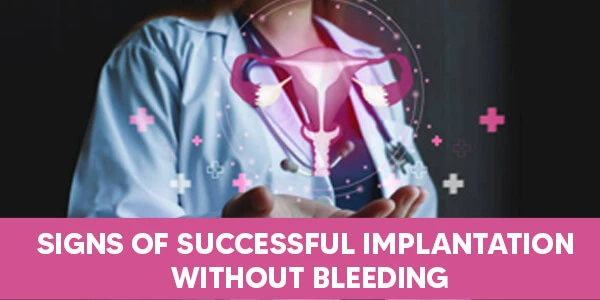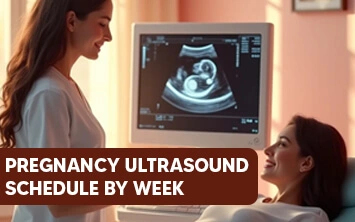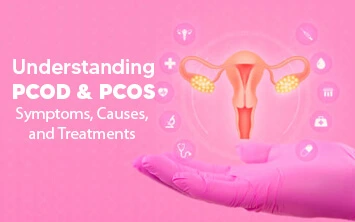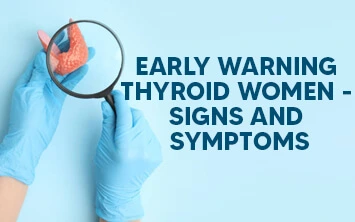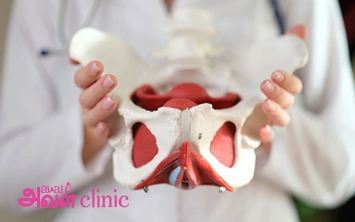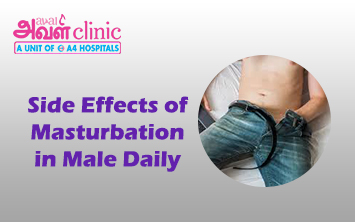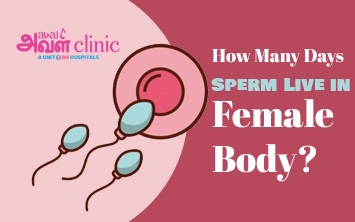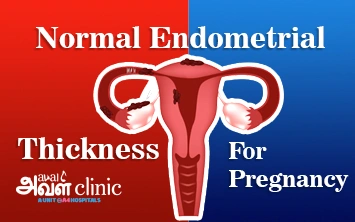Published on: February 21, 2025
Author: Admin
What is Implantation?
Implantation is the very first stage of pregnancy. It is the process by which the embryo or fertilized egg is attached to the uterus lining. When the process is successful, the woman is considered to be conceiving the child. The common signs of successful implantation without bleeding are sore breasts, cramping, bloating, nausea, mood swings, and headaches.
When does implantation happen?
Implantation happens generally anywhere from days 6 to 12 after ovulation. During the menstrual cycle, the endometrium, which is the lining of the uterus gets itself prepared for implantation. The preparation takes place by shredding and thickening of the endometrium to receive the blastocyst, which is known as the fertilized egg. This makes it crucial for couples to have intercourse each month on these days for a successful pregnancy.
When the blastocyst is attached to the uterus, a woman’s body starts to produce the human chorionic gonadotropin (hCG) hormone, which is the hormone detected by pregnancy tests.
Note: The exact date of implantation can vary depending on the ovulation day, which depends on the number of days a woman menstruates.
After the successful implantation, progesterone levels rise in the woman’s body and prevent the menstrual cycle until delivery.
Fertilization Symptoms Before Implantation
Fertilization happens when sperm meets egg, usually within the fallopian tube. At this very early stage, most women won’t notice any obvious changes because the body is still preparing for implantation. However, some may experience subtle sensations like:
- Mild pelvic heaviness or bloating
- Slight increase in cervical mucus (clear and slippery)
- Heightened sense of smell or taste in some cases
- Mood changes or irritability due to hormonal shifts
- Mild twinges in the lower abdomen
These sensations are not a reliable sign of pregnancy on their own, as they can also occur during a normal menstrual cycle. Confirmation is only possible after implantation and a positive pregnancy test.
What are the Signs of Successful Implantation without Bleeding?
The most common signs of successful implantation without bleeding include:
- Cramping
- Discharge
- Bloating
- Constipation
- Tender breasts
- Nausea (Morning Sickness)
- Headaches
- Changes in mood (Mood Swings)
- Implantation dip (Drop in Basal Body Temperature)
Cramping
Cramping is one of the most common signs of successful implantation, particularly in the first trimester. Cramps can happen in the lower back, pelvis area, or abdomen. They may feel like a tingling, pricking, or pulling sensation.
An early conception contributes to enhancing the hormone levels including progesterone, estrogen, and human chorionic gonadotropin (hCG). This triggers the cramping and other symptoms such as vomiting, nausea, mood swings, and so on. The hormonal changes can also contribute to loosening the ligaments to help the growing fetus in accommodation. However, if a woman experiences severe pain, it is highly recommended to consult a physician.
Discharge
Around the time of implantation, a woman’s cervical mucus becomes thicker, stickier, and clear. The change happens because of the increasing hormones including progesterone, estrogen, and human chorionic gonadotropin (hCG). However, the changes in cervical mucus might happen for various reasons including:
- Hormones
- Intercourse
- Stress
- Pregnancy
- Menstrual cycle
- Implantation bleeding
Hence, monitoring changes in cervical mucus is not a reliable way to confirm pregnancy as other mentioned factors can also influence its consistency.
Bloating
Increasing hormone levels in the early stage of pregnancy slow down a woman’s digestive process. This leads to the feeling of being bloated.
Constipation
Constipation is another one of the common signs of successful implantation before a missed period. Again, hormone changes in the early stage of pregnancy can cause constipation.
Tender Breasts
A woman’s breasts may swell and feel sore due to the hormonal changes in their body.
Nausea
Feeling nauseous is one of the common symptoms of being pregnant. This is otherwise referred to as morning sickness. As soon as implantation happens, progesterone levels increase, making a woman feel nauseous. This usually happens around 4 or 5 weeks of implantation.
On the other hand, the increase in hCG levels makes women more sensitive towards any or specific smell.
Headaches
Again, due to rising progesterone levels, a woman’s blood volume becomes increased. This can put stress on the blood vessels in the head, potentially triggering headaches, which is another common symptom of being pregnant.
Changes in Mood
Changes in mood or mood swings occur due to hormonal changes caused by successful implantation. This can influence mood even for the smallest of things.
Implantation Dip
An implantation dip occurs when a woman’s basal body temperature (BBT) drops for one day around the time of implantation. The temperature will go back to normal after the dip, as soon as implantation occurs.
Many women spot the implantation bleeding, which is lighter in colour than normal menses. This usually happens in about one or two weeks after the implantation. It will last for about days to a week right before your expected menstrual date. Hence, it is quite confusing to determine whether it is menstrual bleeding or implantation bleeding. Hence, it is always recommended to confirm pregnancy with a reputed medical professional.
Need expert advice? Consult our doctors now!
Call Now: 80047 80048What Are Positive Signs of Implantation?
Implantation marks the moment when a fertilized egg attaches to the uterine lining, often around 6–12 days after ovulation. Some women may notice:
- Light spotting: small amounts of pink or brown discharge (often called implantation bleeding).
- Mild cramping: brief, lower abdominal twinges or discomfort.
- Slight temperature rise: a small, sustained increase in basal body temperature.
- Breast tenderness: feelings of fullness or soreness, often early and temporary.
- Increased fatigue: feeling more tired than usual without another clear cause.
These signs can also occur with your regular cycle. For clear confirmation, consider a home pregnancy test after a missed period or contact your healthcare provider for a follow-up.
Other Early Pregnancy Symptoms
Some of the other common early pregnancy symptoms that start in the first trimester and sometimes even beyond include:
- Missed periods
- Feeling very emotional
- Tiredness
- Heartburn
- Urge to pee more frequently
- Changes in weight
- Constipation
- Food aversions
- A strange taste in the mouth
- Nasal congestion
Implantation Timeline
According to the 28-day menstrual cycle, the following is the implantation timeline and early pregnancy process:
- Menses: The first day of bleeding
- Ovulation: This happens around day 14 following the menstrual cycle.
- Fertilization: Generally occurs within 24 hours of ovulation.
- Implantation: Usually happens between 6 and 12 days after ovulation.
- Pregnancy test: Can potentially show a positive result 5 to 7 days after implantation.
When to Take a Pregnancy Test
How do you know if implantation was successful?
A woman starts to produce human chorionic gonadotropin (hCG) hormone in her body right after implantation. The levels of this hormone increase every 24 hours for about 8 weeks, reaching its peak at around 10 weeks.
Pregnancy tests performed at home can detect hCG in the urine when taken around days 12 and 15 after ovulation. This is considered the most accurate time to test for pregnancy using a home kit, based on the 28-day menstrual cycle.
For the most accurate results at home, you can perform the test on the first day of your missed menstrual cycle.
Summary
Pregnancy is a mysterious process. Some women notice signs and symptoms associated with implantation, while others do not experience any symptoms at all and are still pregnant.
All the discussed symptoms are quite similar to Premenstrual Syndrome (PMS) symptoms, making it difficult to distinguish between the two. The best way to confirm pregnancy is to wait until the first day of your missed menstrual cycle and take a pregnancy test.

